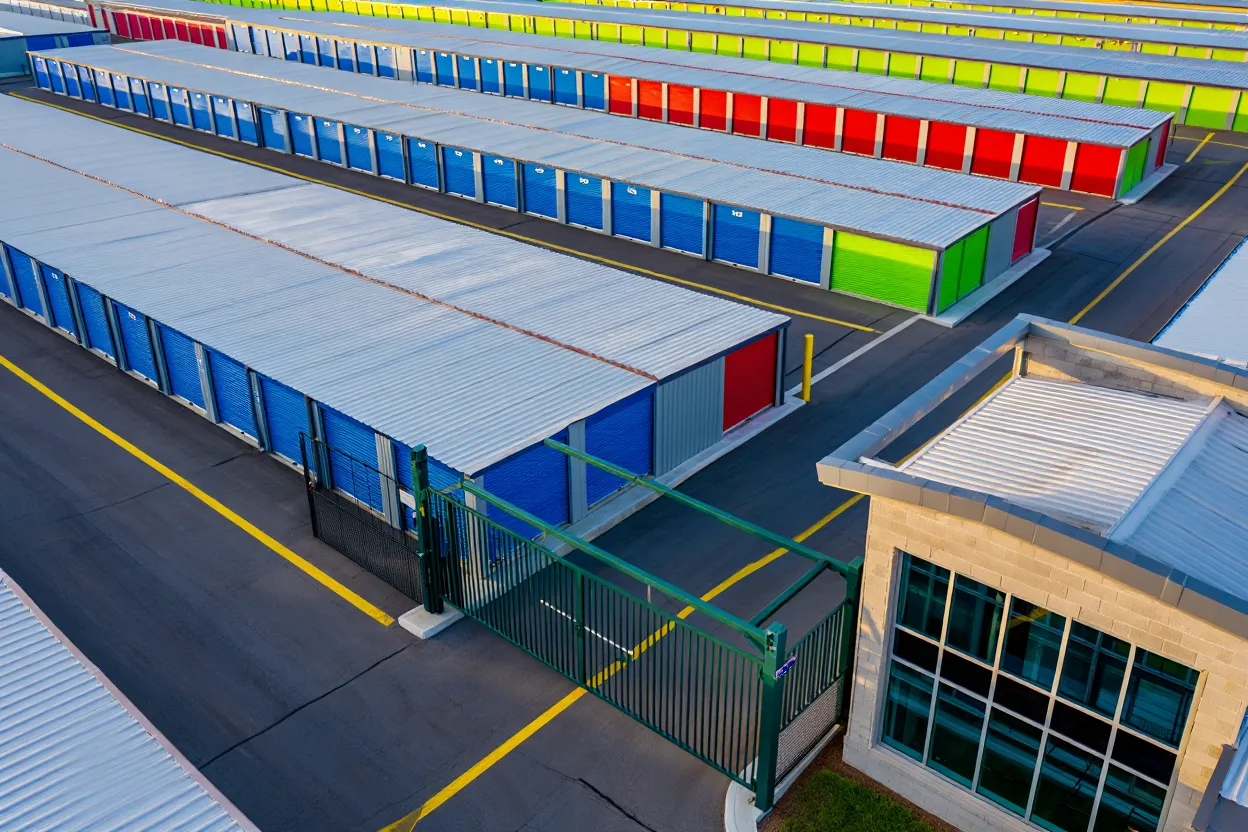- Public subsidies are driving the conversion of obsolete downtown Chicago offices into apartments and hotels.
- Mayor Johnson’s pro-business partnerships and subsidies are helping the situation, with a $150M apartment conversion approved in April.
- Other cities are following suit, converting unused office spaces with or without subsidies.
Chicago’s innovative strategies and proactive stance on office properties attract support despite declining demand and high vacancies, as reported by WSJ.
By The Numbers
According to KBRA Analytics, Chicago has the highest default risk of all major U.S. cities, and its office vacancy rate far exceeds the average. The situation is so bad that some downtown office buildings have sold for less than 25% of what they were valued a few years ago.
Specifically, the beleaguered city’s office vacancy rate has soared to 16.3%, up nearly 37% from the 11.9% rate reported in early 2020. By comparison, the U.S. average office vacancy rate is 13.8%, according to CoStar.
Even worse, nearly 75% of the office mortgages that have been converted into securities are either in default or at risk of default, the highest of any major metropolitan area in the nation.
Pro-Business Subsidies
That’s probably why the city is busy offering substantial public subsidies to help office owners and developers convert obsolete offices into residential and hospitality properties.
Mayor Brandon Johnson is very much on board. His administration is building relationships within the CRE sector to take advantage of the city’s historic building designs, which are perfectly suitable for conversion opportunities.
His main initiative? A $1.25B bond for affordable housing and central business district development, which received widespread support. In April, Johnson supported a $150M plan to convert four vacant office buildings in the city’s central business district into 1K apartments. He also recently appointed Ciere Boatright, a CRE executive, to lead the city’s Department of Planning and Development.
Sustainability Concerns
Chicago’s revenue constraints, worsened by plunging property values and the fading American Rescue Plan assistance, raise questions about how sustainable subsidies will be for future office conversions.
Even the world-famous Willis Tower, which used to be the nation’s tallest skyscraper, is in jeopardy. Rising rates have soared the debt service on the tower’s $1.325B floating-rate mortgage, and the combination of higher expenses and revenue shortfalls is becoming unsustainable.
Why It Matters
Chicago isn’t the only city busy converting unused office space into apartments and hotels. Many cities are moving forward with or without public subsidies. In 1Q24, nearly 70MSF of office space was being converted, up from 60MSF in 3Q23, according to CBRE.
Yet that’s still just a drop in the 1.17BSF bucket of currently vacant U.S. office space. It remains to be seen whether public subsidies can sustainably make a dent when so much office space remains unused.
















